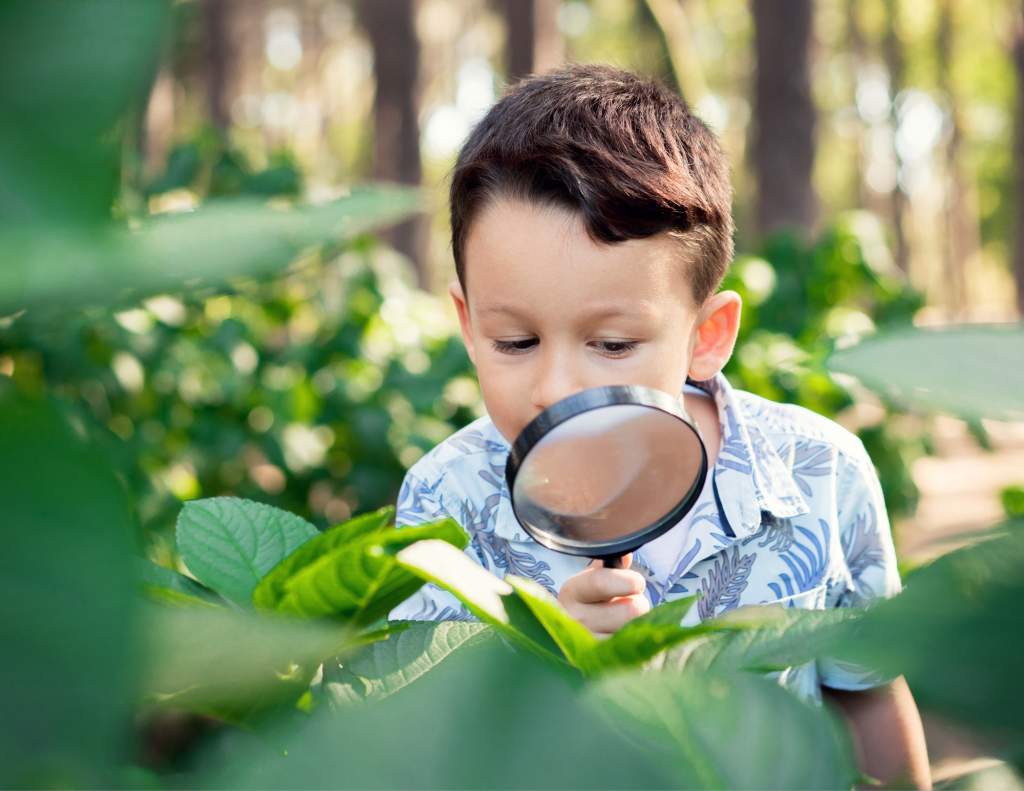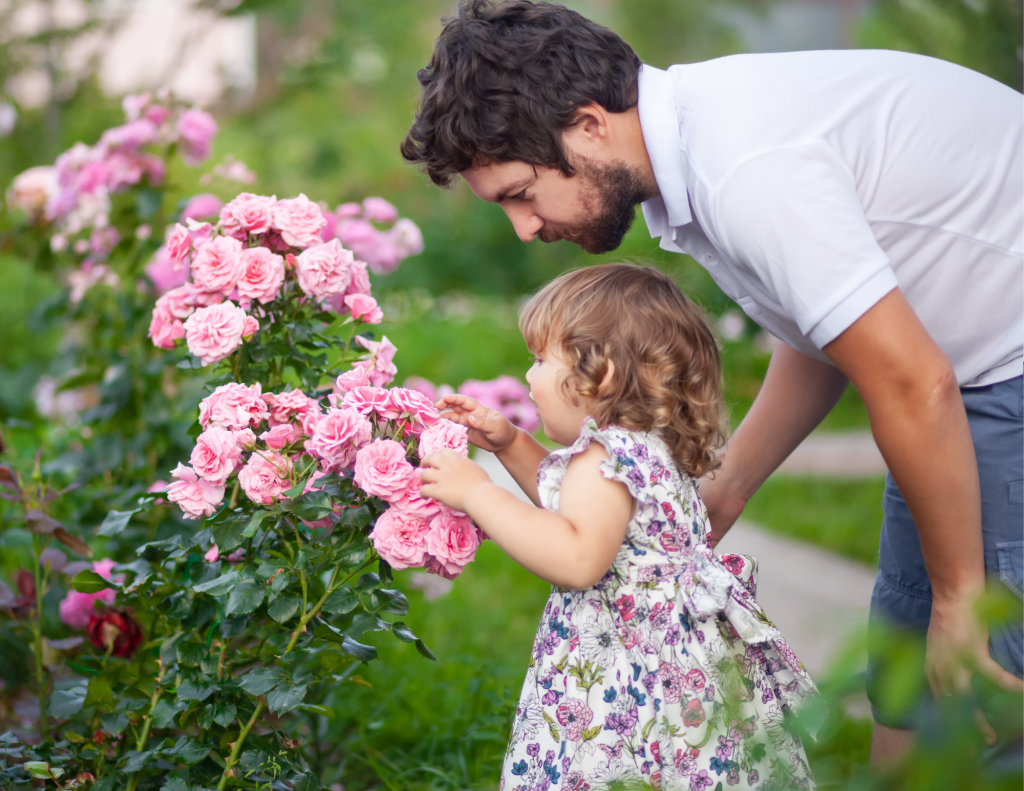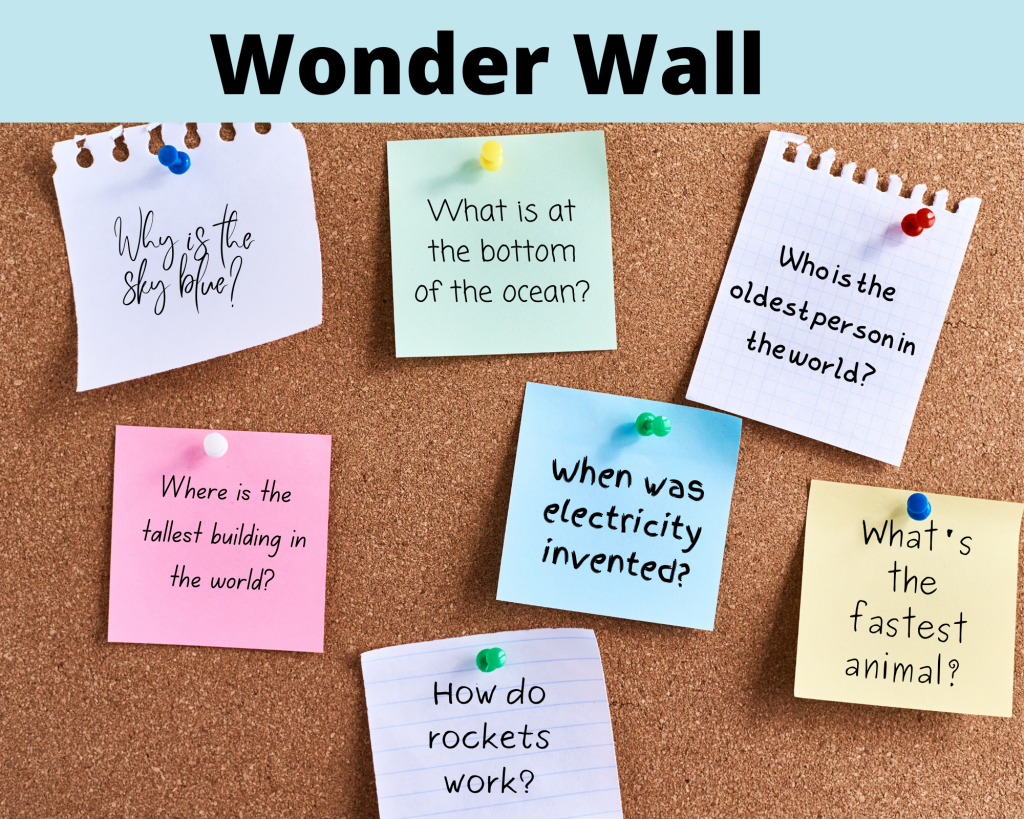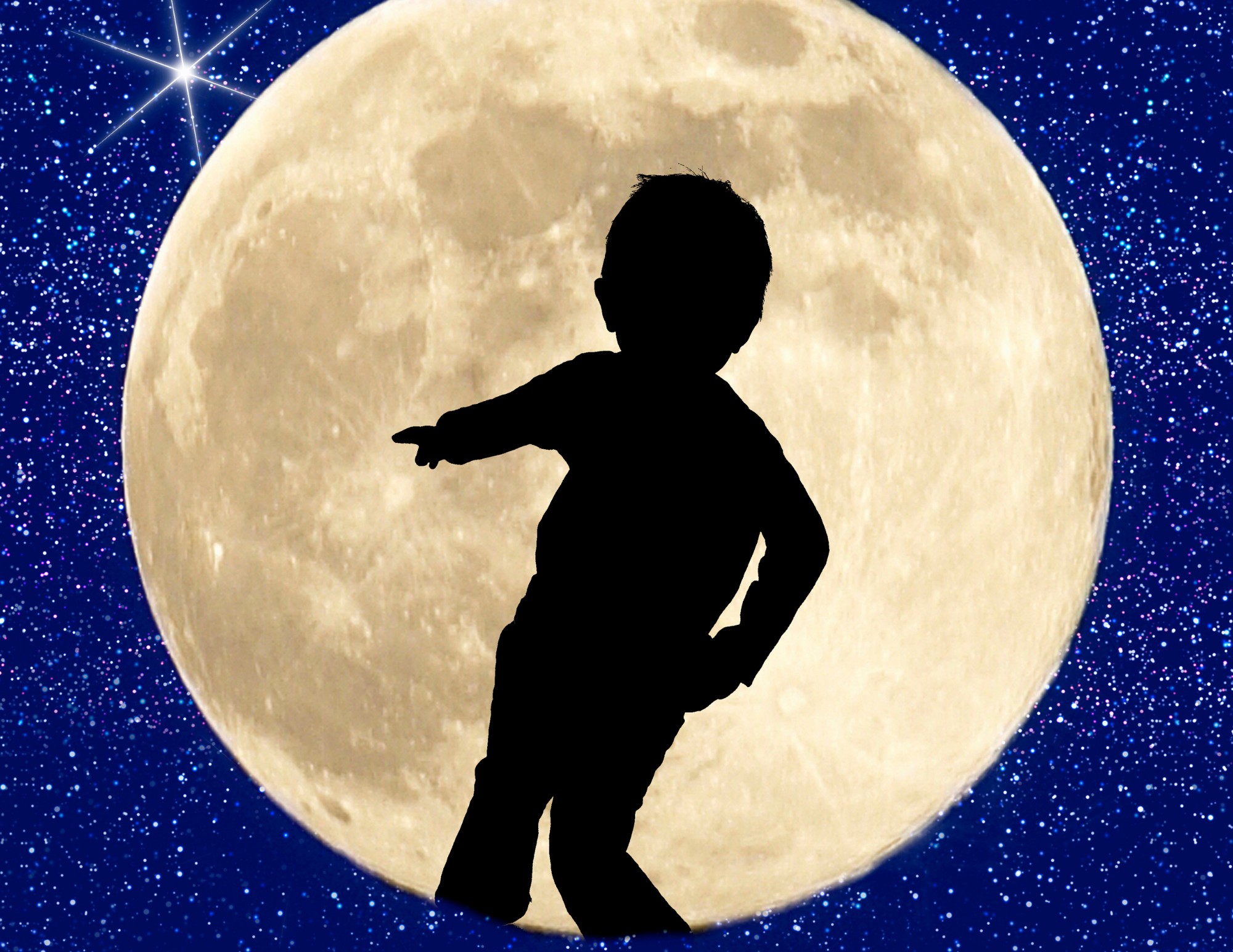Twinkle Twinkle Little Star, how I wonder what you are.
There is nothing quite like a vast night sky to evoke a sense of wonder, for children and adults alike. When my eldest child was a toddler she loved looking at the moon. As evening fell she would ask to be taken outside. Sitting upon my hip staring up with her little face full of awe, she would point and exclaim “moon!”. This became a nightly routine and one that I cherished. It is wonderful indeed to see the world through a child’s eyes.
Children are born with a natural sense of wonder and curiosity about the world. It is important that we as parents nurture this disposition.
If children are to keep this inborn sense of wonder alive, they need the companionship of at least one adult who can share it, rediscovering with them the joy, excitement and mystery of the world we live in.
Rachel Carson from her classic book ‘The Sense of Wonder’
But why should we seek out wondrous experiences for our families?
Wonder helps children learn

When children wonder, they learn to solve problems and think scientifically. Awe sparks curiosity and motivates a child to ask questions and investigate new possibilities. One set of studies discovered that people who naturally felt awe had a better understanding of how science works.
Not only that but wonder inspires creative and critical thinking. It motivates us to be more inventive by expanding our horizons and allowing us to see beyond our current circumstances.
When a child and a parent begin to tell stories together, the child is acquiring essential moral capacities. Even a simple nursery rhyme such as ‘Twinkle, twinkle, little star, how I wonder what you are’ leads children to feel wonder—a sense of mystery that mingles curiosity with awe. Children wonder about the little star. In so doing they learn to imagine that a mere shape in the heavens has an inner world, in some ways mysterious, in some ways like their own. They learn to attribute life, emotion, and thought to a form whose insides are hidden.
Martha Nussbaum, American philoposher from her essay ‘The Narrative Imagination’
Wonder makes you happier and healthier

Unfortunately, as we grow older, our sense of amazement begins to fade. We lose our innocence as we become busier and more disconnected from nature. But even as adults we should strive to renew and protect our sense of wonder. Why? Because wonder is a powerful tool for elevating life satisfaction.
In fact, a recent series of studies indicated that awe-inducing experiences reduce daily stress and increase overall life happiness. They promote a greater sense of purpose and wellbeing and also help us to be more productive.
Moreover, a 2015 study found that awe can benefit physical and mental health. It can lower the risk of depression, heart disease, type 2 diabetes, and arthritis.
Wonder strengthens relationships

Wonder helps develop stronger social bonds and partnerships. This is because it offers a sensation of being part of something far bigger than yourself, without making you feel small.
For example, astronauts have limited human contact in space. However, after experiencing incredible amounts of awe and wonder, they return to Earth with a greater feeling of life purpose and connectedness to others.
When we experience wonder, we feel connected to other human beings. Sharing our marvel with others reinforces connections and help us to build better relationships.
3 ways your family can experience wonder
Our sense of wonder is like a mental muscle: if we feed it well, it will grow stronger, and if we ignore it, it will weaken. Here are a few tips that your family can use to look for beauty, meaning and mystery in the world every day.
1. Spend time in nature

The natural world is especially good at encouraging us to find the extraordinary in the ordinary. Go for a family walk in nature. Try a hike through a forest, a short stroll to your local park or a weekend meander along the beach. Approach your surroundings with an open mind. Point out objects and changes occurring in the environment.
Encourage your children to observe the sights, sounds, smells and sensations. Take time to notice and talk about the little things. Smell the roses. Bend down and examine the leaves of a plant. Pick up a shell and feel the texture. Listen for the subtle hum of insects. Look up at the shapes and patterns of the clouds and trees overhead. Ask your children open-ended questions that encourage curiosity and provoke thinking, such as:
- I wonder what…?
- What would happen if…?
- Why do you think … ?
- How did that happen?
- How does it work?
Try to stay present and be curious. You see, your sense of wonder will inspire your childrens’ and vice versa.
2. Create a Wonder Wall

Not to be confused with the Oasis song, a wonder wall is frequently used by teachers. It’s a wall in a classroom where students can write and display questions they are curious about.
You can create one of these in your own home by allocating a special place for it (ie. the fridge, the playroom wall). Leave a pad of sticky notes and a pen nearby. Whenever your children have questions (particularly one that you don’t know the answer to) write it on a sticky note. You might even have your own questions for the wall.
Later when you have time, research the answer to the questions together. Look online, in books or visit special places such as a museum or art gallery.
3. Share awe-inspiring content

While the natural world offers much to be in awe of, it is not always practical or possible to see or visit incredible places. Fortunately we can look to books, movies, documentaries, websites and videos. They provide ways of experiencing parts of life that we may not otherwise be able to. My family has just started watching the documentary Our Great National Parks, narrated by Barak Obama. We were particularly amazed by the lemurs navigating miles of sharp, limestone pinnacles. Here are some more wonder resource ideas:
- Disney + Welcome to Earth TV series that “follows Will Smith on an extraordinary adventure around the world to explore Earth’s greatest wonders”.
- Online video series such as Jason Silva’s Shots of Awe and The Kids Should See This are also great options.
- National Geographic Kids website has a range of interesting videos, games, articles and information to ignite your child’s curiosity.
- Books such as The Big Book for Curious Kids and A Really Short History of Nearly Everything are fabulous texts for delving into mysteries of the world.
Sometimes the wonders you discover will be driven by your own interests. Other times your children will want to follow their fascination. Keep in mind that some people are more prone to awe than others. Don’t be concerned if your child appears uninterested in things that astound you. They will, at the very least, learn about something “amazing.”
All in all, wonder provides so many opportunities for growth, perspective and meaning making in this complex world. Actively seeking out awe-inspiring experiences will benefit your family’s well-being and simply be, well wonderful of course.


0 Comments